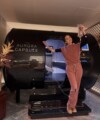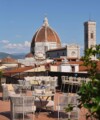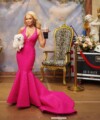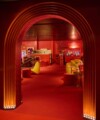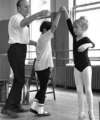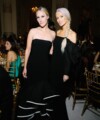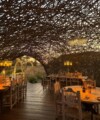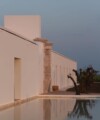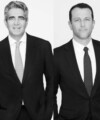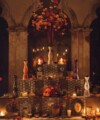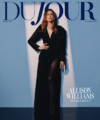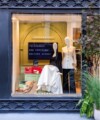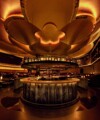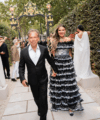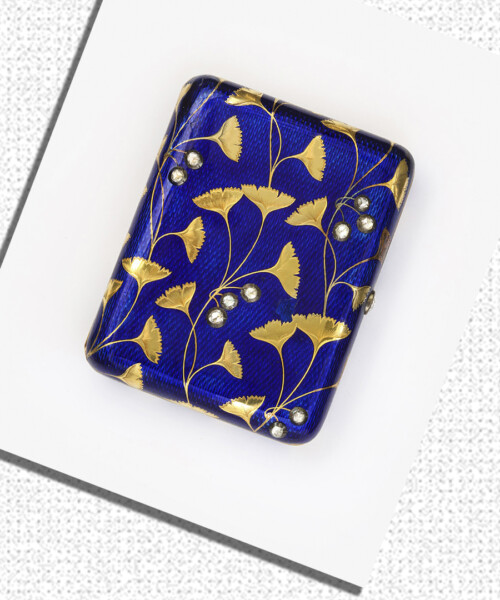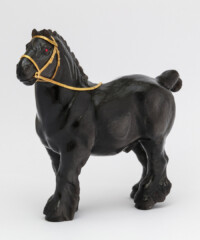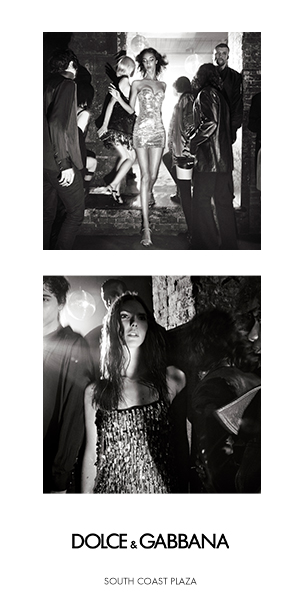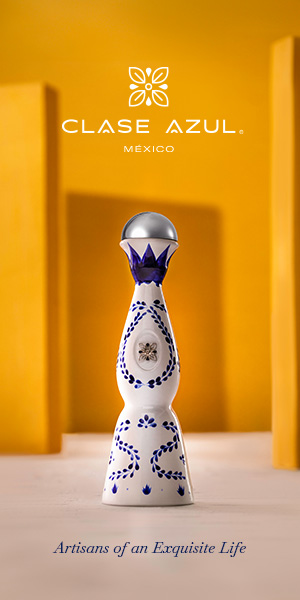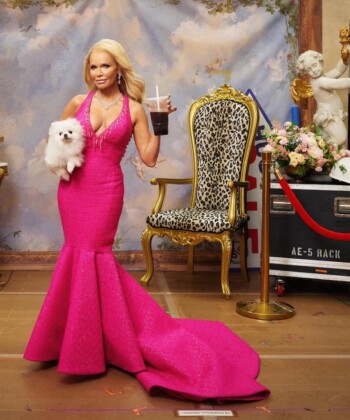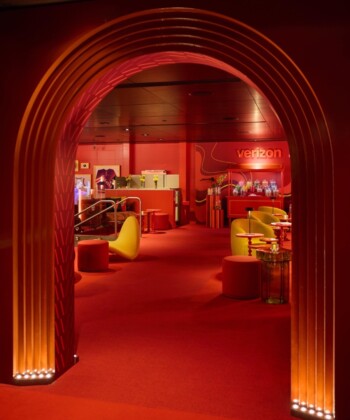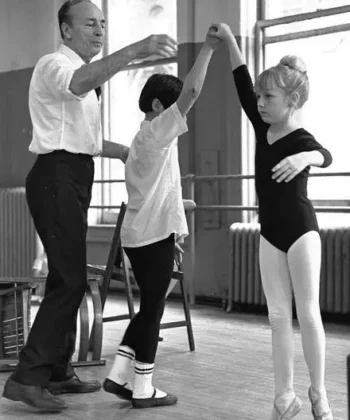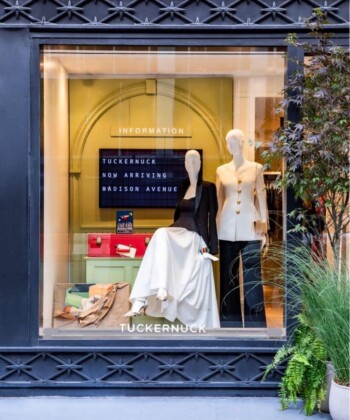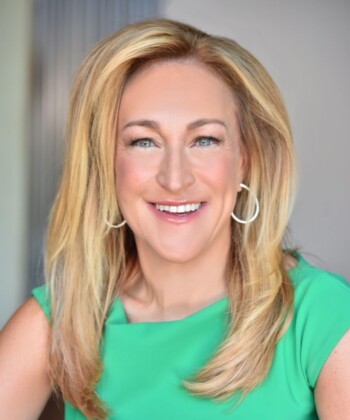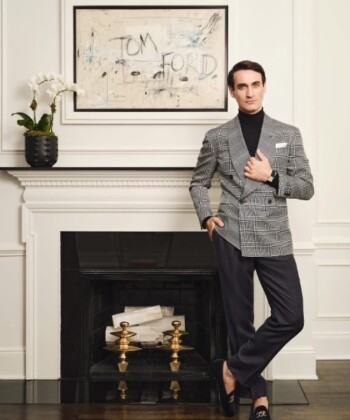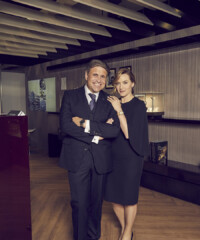Peter Carl Fabergé may be best known as the father of Fabergé eggs—those nonpareil Easter eggs originally commissioned by Russia’s emperor—but the jeweler’s work in fact comes in a vivid array of shapes and sizes. A selection of it can be found at the forthcoming exhibit “Celebrating Royal Fabergé – The Return” at A La Vieille Russie, the long-running gallery dedicated to Russian antiques. While rooted in Russian aristocracy, the curios reflect the global legacy of Fabergé, featuring a diverse range of designs sourced from far-reaching collections—including that of the British monarchy.
Among the rarely exhibited baubles is a red-eyed, black-and-gold horse figurine that once belonged to the English royal collection. And while Fabergé concentrated in decorative, nonhuman forms, one silver statuette of a monkey is said to be a mocking depiction of the English biologist Charles Darwin. Meanwhile, an elephantine stamp moistener symbolizes the Danish royal family.
Naturally, several pieces reference Russian history. As the official court jeweler, Fabergé created various gifts for Russian royalty, from a keepsake given by Nicholas II to famous ballerina Anna Pavlova to a silver collar for Bobtail, the French bulldog of Nicholas’s sister Grand Duchess Olga.
But not all the pieces are so Eurocentric. A flatware set, inscribed with Japanese imperial iconography and cast in a traditional rose-hued alloy called shibuichi, reflects Fabergé’s appreciation for Eastern design and craftsmanship.
While the exhibit is fresh off a stint at Sainsbury Centre for the Visual Arts in Norwich, England, the showcase at A La Vieille Russie marks collection’s first stateside exhibition. “Celebrating Royal Fabergé – The Return” will be on view from May 1 to 18.


